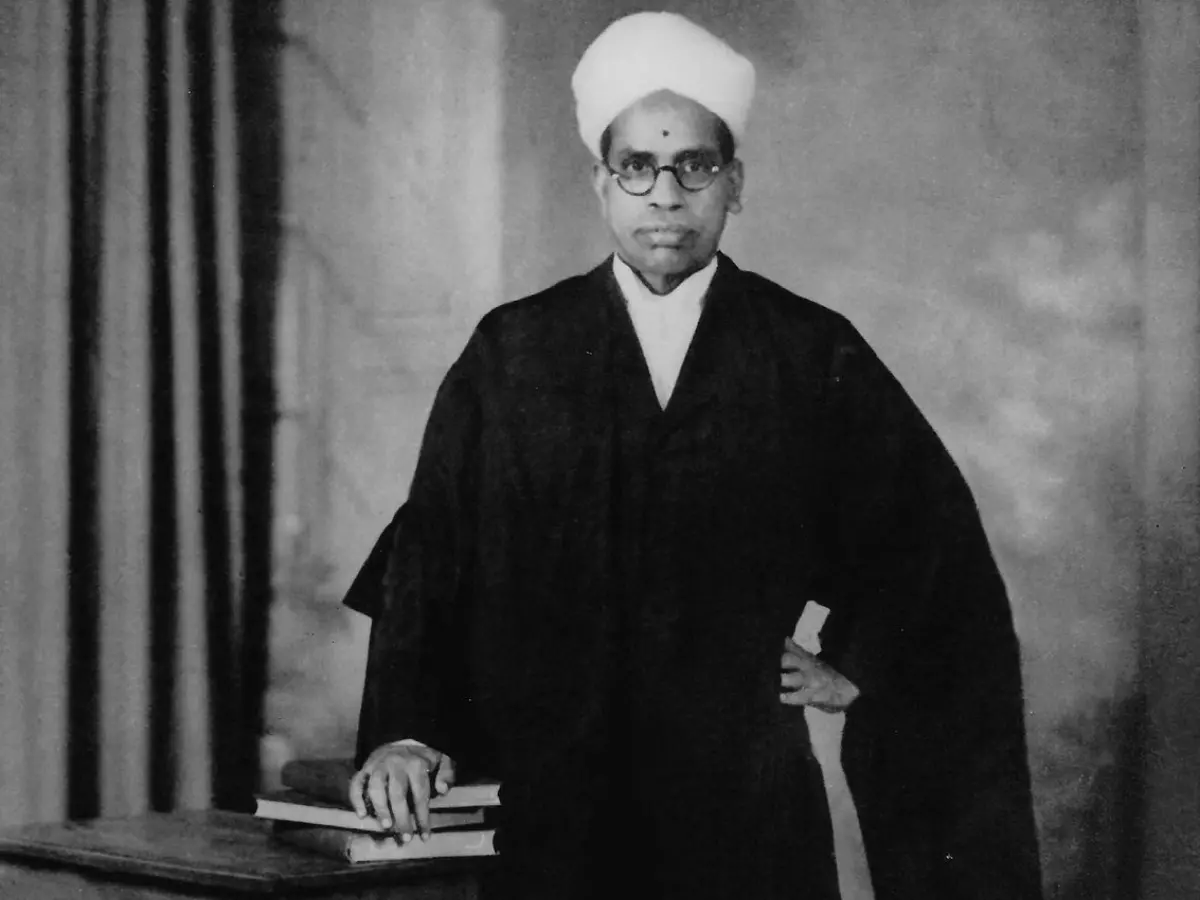Constitution Architects: Alladi Krishna Ayyar¡¯s Contribution To The Constitution
On May 14, 1883, Alladi Krishnaswamy Ayyar was born in the Andhra Pradesh village of Pudur. A student of history at Madras Christian College graduated with a B.L. degree and was later hired as a history tutor while attending Madras Christian College because of his expertise in the subject.

On May 14, 1883, Alladi Krishnaswamy Ayyar was born in the Andhra Pradesh village of Pudur. A student of history at Madras Christian College graduated with a B.L. degree and was later hired as a history tutor while attending Madras Christian College because of his expertise in the subject.
Induction before Ambedkar
 Krishnaswami Alladi
Krishnaswami Alladi
Writing for The Print, SimrIn Surur writes, ¡®His rise as an eminent lawyer, to later become Attorney General of Madras with an 18 year-long tenure, prompted Jawaharlal Nehru to personally invite Ayyar into the Constituent Assembly in 1946 ¡ª much before Ambedkar¡¯s induction. Not to mention the quick succession of accolades preceding his time at the Assembly: In 1926 he was awarded the Kaider-i-Hind award for philanthropy. In 1930, he was given the Dewan Bahadur title for his contributions to the country. In 1932, he was knighted.¡¯ but surrendered it later.
Recognition
Being a recognised and renowned jurist he was appointed to the Government of India Committee to revise the Law of Partnership and Sale of Goods Act. Ayyar kept the doors of his library open for everyone and was always supportive of new lawyers.
Career
Neither having an active political career nor being involved in India¡¯s freedom struggle, Ayyar however was appointed to the Constituent Assembly.
From 1946 until 1949, Ayyar was appointed to the Madras province in the Constituent Assembly. He served on nine committees in the Constituent Assembly, including the Sub-Committee on Fundamental Rights, the Advisory Committee, and the Drafting Committee. In the discussions surrounding citizenship, fundamental rights, and the declaration of an emergency, he made significant contributions.
His philosophy behind his contribution to the constitution
Sirur further writes,¡¯ For Ayyar, the true test of the Constitution¡¯s worth lay in the hands of India¡¯s laymen. In his first lecture after the Constituent Assembly disbanded, he was pleased to note that voters thronged throughout the country.
 Lawcorner
Lawcorner
¡°The recent elections based on universal suffrage in which a majority of the adult population of India, men and women, literate and illiterate, propertied and non-propertied, have taken part with enthusiasm and unexampled orderliness ¡ª a circumstance which has elicited the admiration of foreign observers and critics ¡ª have demonstrated, if any proof was necessary, the acceptance of the Constitution by the people of India as a whole.¡±
Ayyar¡¯s involvement in the Constituent Assembly was an interlude in his profession as a lawyer, which he returned to after the Assembly dissolved. Despite his considerable fame, he continually refused opportunities that would elevate him to a Judge.
He died on 3 October, 1953, in Chennai, leaving behind the home he built in 1919, Ekrama Nivas, where generations after him continued to live.¡¯Death and Legacy
Ayyar passed away on October 3, 1953, and in honour of his father's 100th birthday, Alladi Kuppuswami, the son of Alladi Krishnaswamy Ayyar, established "The Alladi Memorial Trust" in 1983. The trust holds lectures on constitutional law-related subjects.
